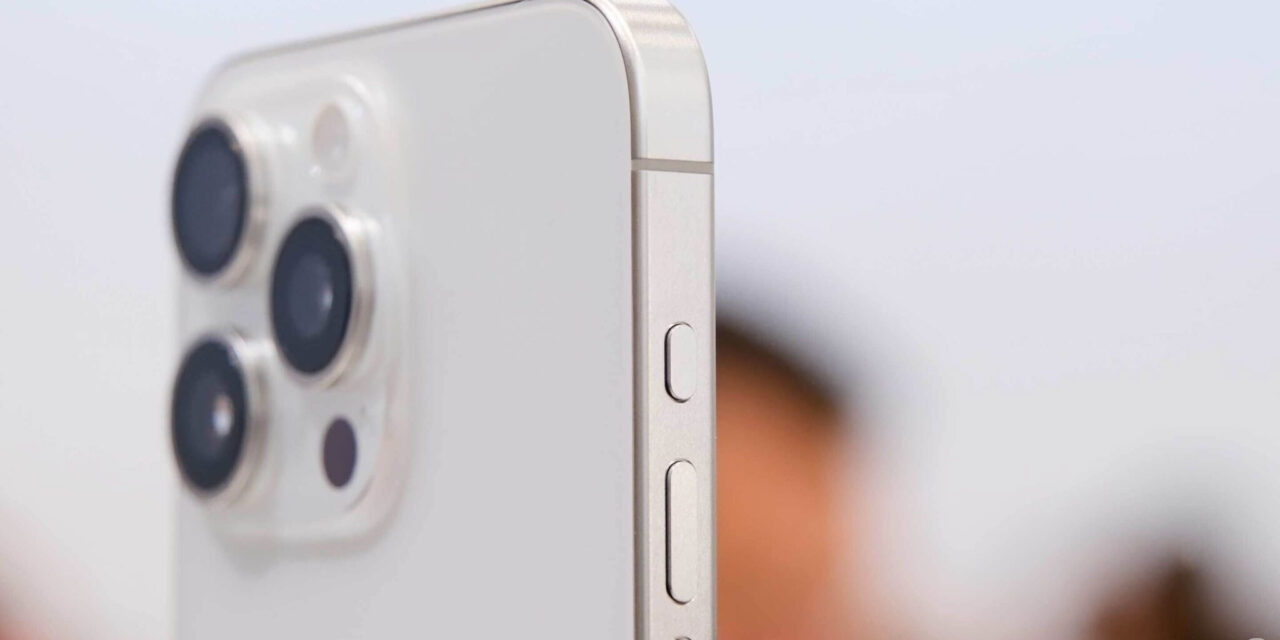
The keynote for this year’s Worldwide Developers Conference is finished, which means Apple executives are making the rounds to discuss some of the aspects in greater detail. As such, a pair of the company’s higher-ups have sat down with CNET to discuss iPadOS and privacy in two separate reports.
The first of the pair features Senior Vice President of Software Engineering Craig Federighi. The executive is more than happy to dive into the new standalone operating system for iPads, which is called iPadOS. The design is meant to offer up even more features for the company’s tablet lineup, while acknowledging that the iPad has earned its rightful place as a standalone product that can branch off iOS.
Indeed, Federighi says the iPad has become a “truly distinct experience”, which is why iPadOS exists. The name is meant to make it obvious that this is a tablet experience, not something that’s meant for a phone or a computer. Apple wants to make an iPad a better option for more people, and Federighi believes that iPadOS brings that closer to a reality.
Federighi says he finds himself in front of an iPad more often than not these days, and says the company has “expanded the domain where people can say the iPad is the best solution” for most customers.

Next, Bud Tribble is Apple’s vice president software technology and he discusses privacy as a whole, how the App Store helps to limit potential nefarious apps from ever reaching customers, and how a new sign-in feature from Apple (as part of iOS 13) will help people sign into their favorite apps without having to bow down to privacy concerns.
Apple has had a focus of giving more control to the end user when it comes to their data and privacy for years now. It’s a major tentpole feature for the company as a whole. And the new “Sign In with Apple” is just one more aspect of that. This helps customers reduce the need to sign in with things like Facebook and Google, and goes out of its way to randomize and anonymize a customer’s data to help keep them safe.
It’s not rocket science to say, ‘Hey wouldn’t that be great to have that without the tracking part of it,’” Tribble said in an interview after the new service was unveiled to applause at Apple’s Worldwide Developers Conference on Monday. “Our whole point of view is giving more control to the user over things like their data.
One of the more interesting bits from Tribble’s interview with CNET is the amount of apps that try to get away with privacy-related potholes for the customer. According to Tribble, the App Store review process covers 100,000 apps in a week’s stretch, and, within that time period, reviewers shoot down and block upwards of 40% of the apps over privacy concerns:
Apple reviews 100,000 apps a week, and Tribble said the company rejects 40 percent of those apps — many for privacy reasons. The company has made it a priority to stamp out apps that try to fool users, or seek out permissions on your phone they have no right to ask for.
Apple’s built a powerful digital storefront with the App Store, and privacy and safety is certainly one of the major selling points for it. At least on Apple’s part. But, as we’ve seen recently, some folks don’t think Apple’s fees associated with the App Store that are handed down to developers are all that fair.
Can Apple find a happy middle ground? It’s obvious that the company is making a ridiculous amount of money on a quarterly basis, and the App Store is certainly a stable enterprise for the company these days. Do you think Apple should make some changes to its fee structure for developers?






Recent Comments